Protecting Access. Preserving Nature. Promoting Responsibility.
Virginia’s diverse landscapes—from the Blue Ridge Mountains to the Chesapeake Bay—are a treasure trove for outdoor enthusiasts. But behind every maintained trail, preserved forest, and accessible public land is something most people overlook: land use advocacy. It’s the quiet force that ensures future generations can hike, hunt, fish, camp, and off-road on Virginia soil.
What Is Land Use Advocacy?
Land use advocacy is the effort to influence decisions about how land is managed, accessed, preserved, and developed. This includes:
- Public land access (national forests, parks, game lands)
- Private land partnerships (easements and usage agreements)
- Local zoning and development laws
- Trail designations and closures
- Environmental regulations and sustainability efforts
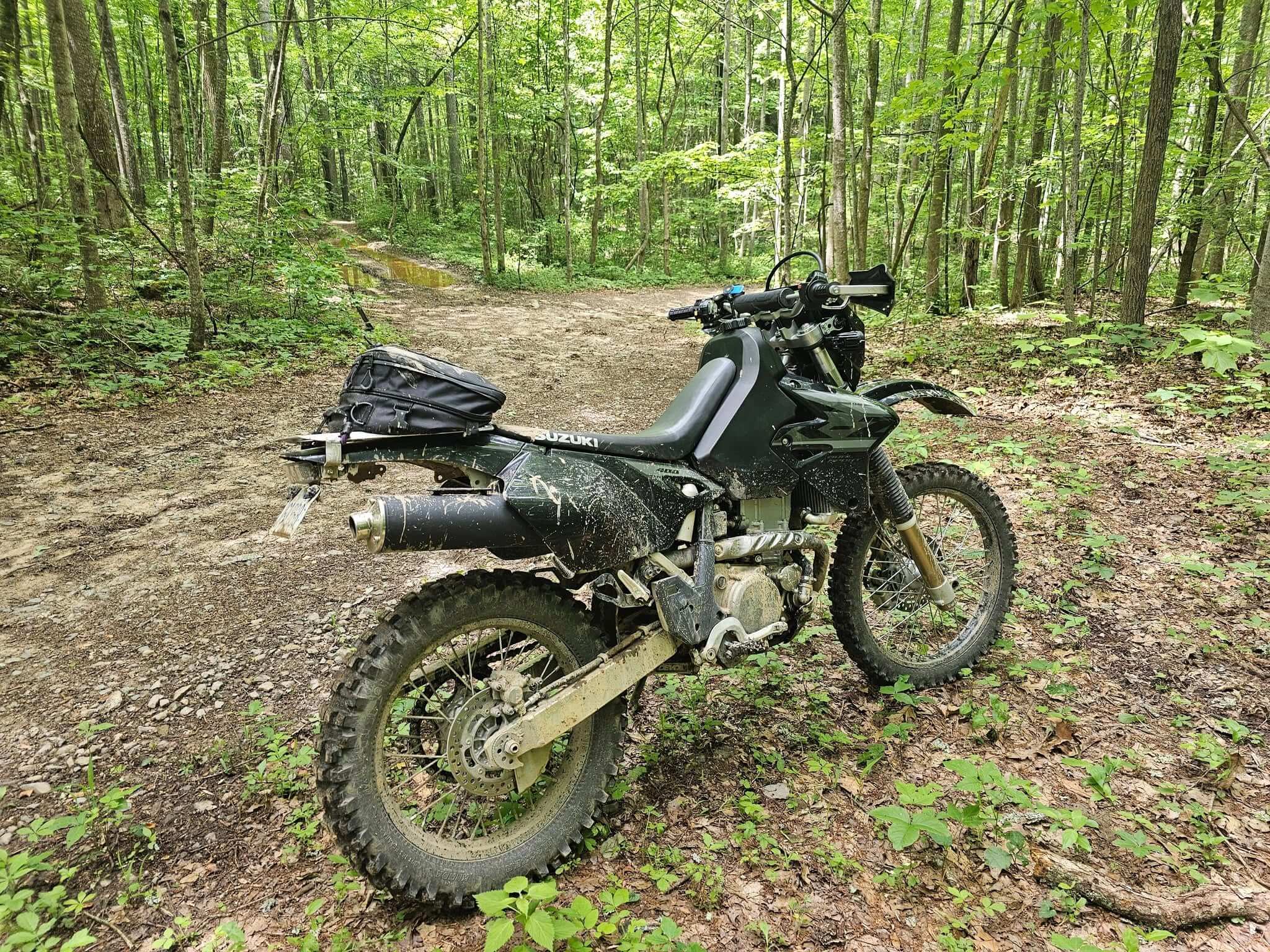
In Virginia, advocacy work spans multiple agencies—like the U.S. Forest Service, Virginia Department of Wildlife Resources (DWR), and local county governments—each with different goals. Advocates help these groups understand the value of recreation, conservation, and responsible access.
Why Advocacy Matters in Virginia
1. We’re Losing Access Every Year
Across Virginia, trails are being decommissioned or gated. Forest roads are blocked. Entire regions become inaccessible due to:
- Liability concerns
- Environmental impact complaints
- Misuse by a small minority of bad actors
- Urban sprawl and development pressure
Without active advocacy, access disappears—sometimes quietly, sometimes permanently.
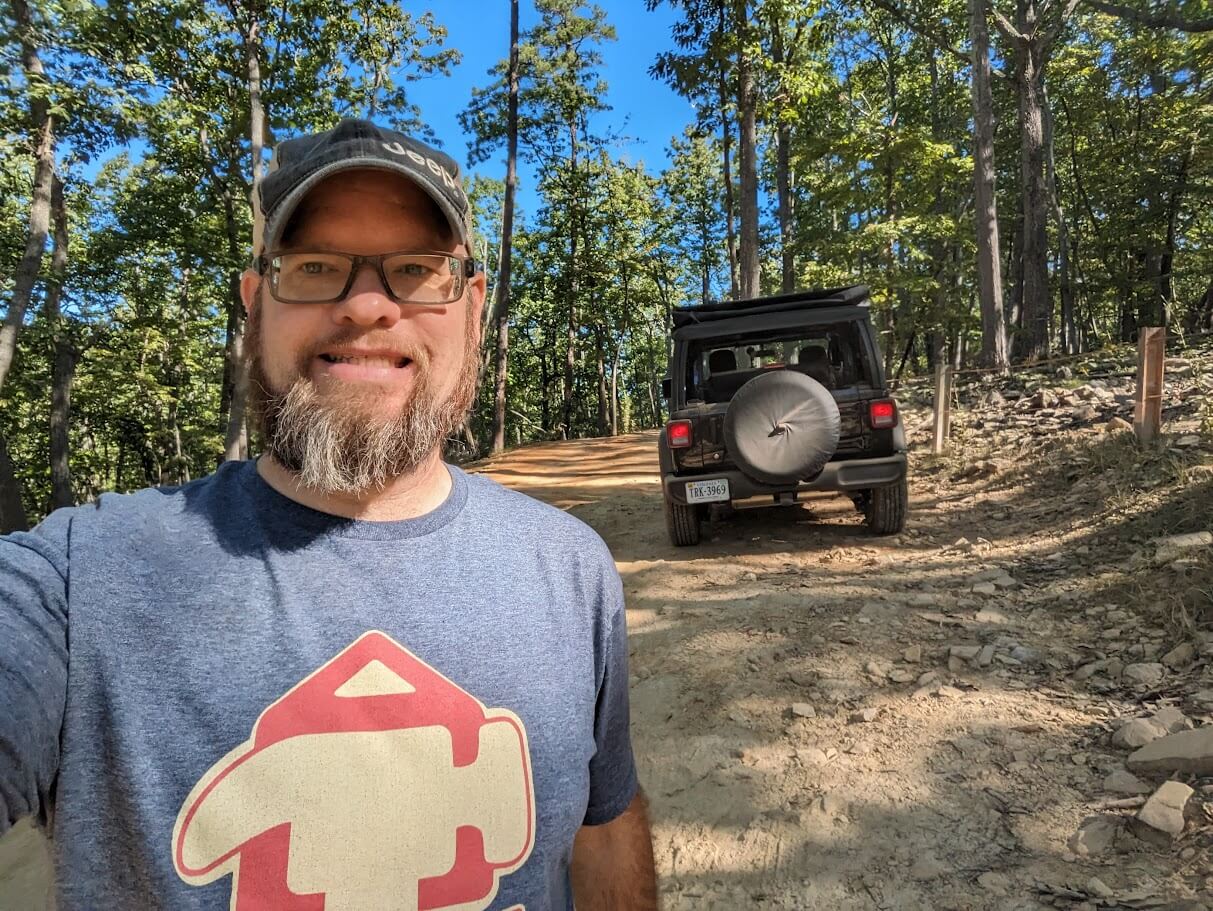
2. Off-Road Recreation Has a Reputation Problem
In Virginia, many off-road and outdoor users are painted with a broad brush. Advocacy helps counter the narrative that all off-roaders tear up trails, damage habitats, or ignore posted signs. By promoting education, stewardship, and “tread lightly” principles, advocates demonstrate that the majority of users are responsible and care about the land.
3. Land Use Laws Are Complicated and Constantly Changing
Virginia has a patchwork of land use rules—what’s legal in one county or park might be banned in another. Without advocates reviewing legislation and zoning proposals, it’s easy for new laws to quietly restrict outdoor access. Advocacy groups serve as watchdogs, participating in public hearings, working with legislators, and negotiating compromises.
4. We Need to Plan for the Future, Not Just React to Closures
Proactive advocacy means:
- Pushing for more multi-use trail systems
- Partnering with landowners to create public/private access
- Securing grants to build sustainable infrastructure
- Educating new outdoor users on proper land etiquette
It’s about expanding what we can do, not just defending what we have.
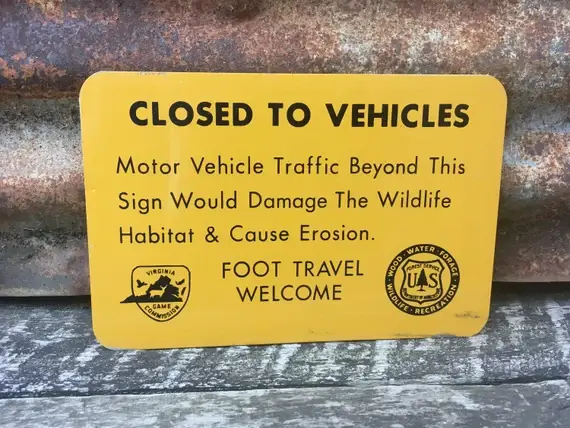
Who Does Land Use Advocacy in Virginia?
Several groups advocate for smart and sustainable land use, including:
- Virginia Off-Road – A 501(c)(3) nonprofit focused on off-road education, trail stewardship, and community partnerships.
- Virginia Outdoor Foundation (VOF) – Works with landowners to conserve land through easements.
- Appalachian Trail Conservancy – Protects and maintains the iconic trail crossing Virginia’s ridgelines.
- Various local OHV clubs and environmental groups – Often participate in regional planning and stewardship efforts.
But the truth is—advocacy isn’t just for organizations. Every person who emails a representative, attends a planning commission meeting, or volunteers on a trail workday is an advocate.
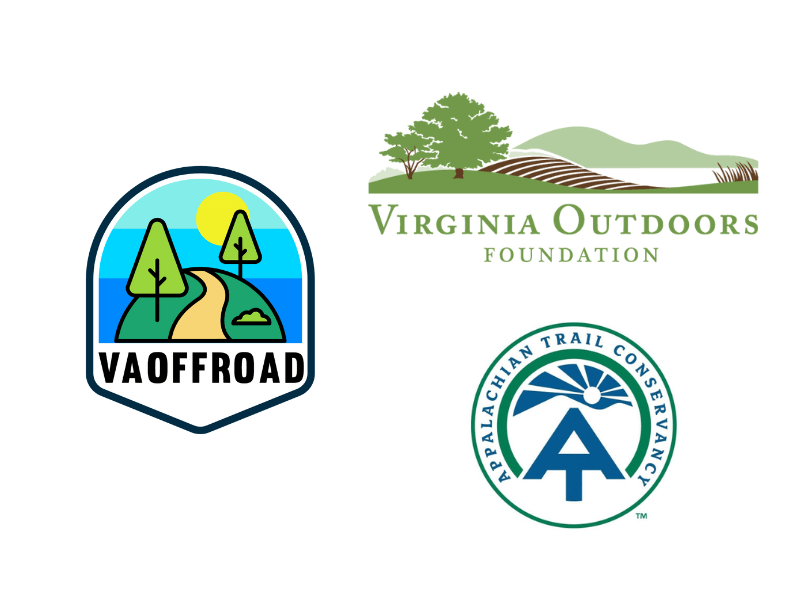
How You Can Help
You don’t need to be a lobbyist to make a difference in Virginia’s land use future. Here’s how you can help:
- Join a land-focused nonprofit – Groups like VA Off-Road, Virginia Trail Riders, or Friends of the Blue Ridge help amplify your voice.
- Attend public hearings – Your presence shows that the outdoor community is watching.
- Volunteer – Trail maintenance, clean-ups, and educational events are powerful forms of advocacy.
- Stay informed – Subscribe to newsletters and alerts about proposed changes to land use.
- Respect the land – Follow Leave No Trace principles, obey signage, and set an example for others.
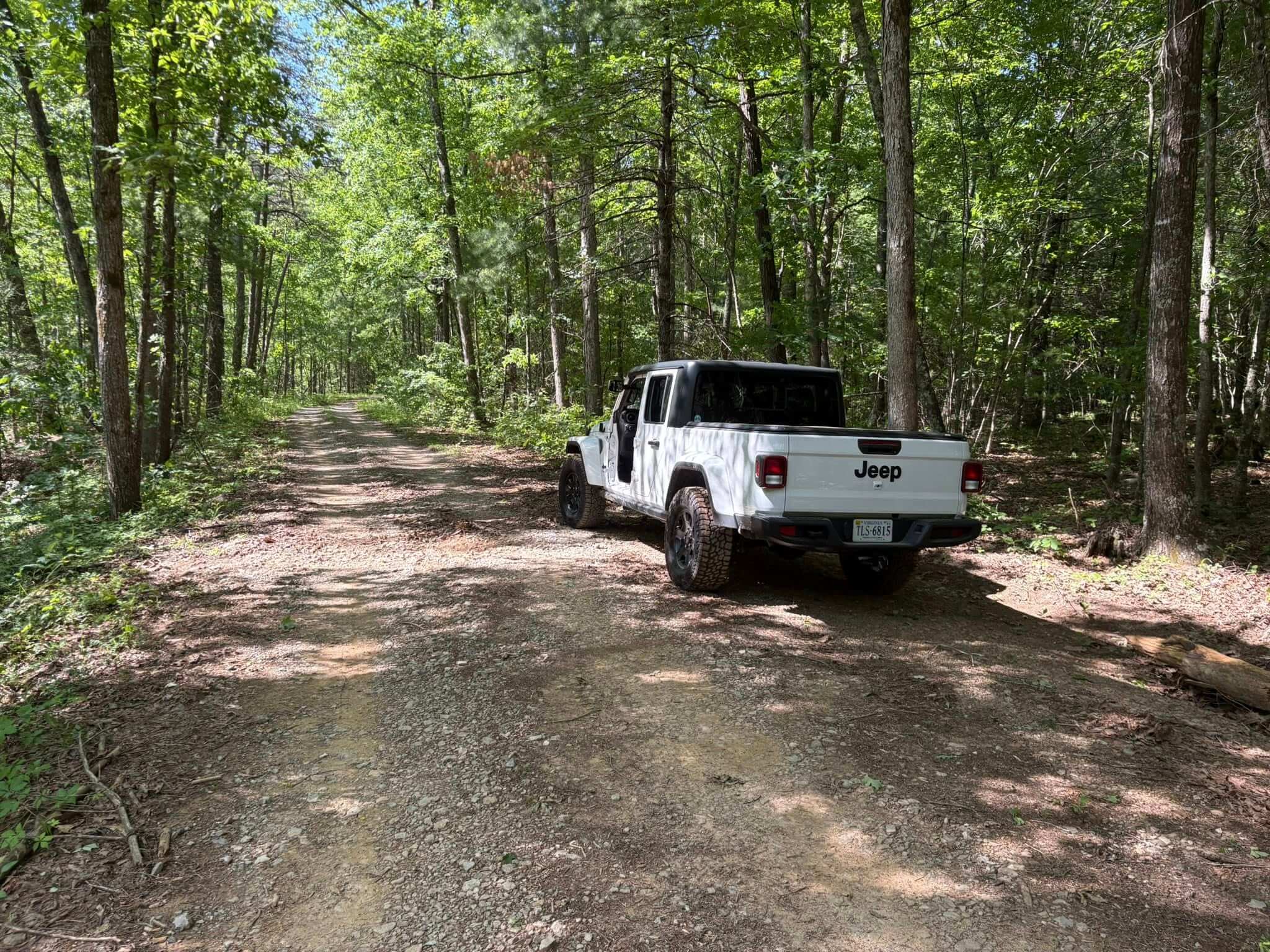
In Closing: Access Isn’t Guaranteed—It’s Earned
If we want Virginia’s back roads, forest trails, and scenic campsites to be there for the next generation, we have to fight for them. Land use advocacy might not be flashy, but it’s one of the most critical pieces of the outdoor puzzle.
Because once access is lost, it rarely comes back.
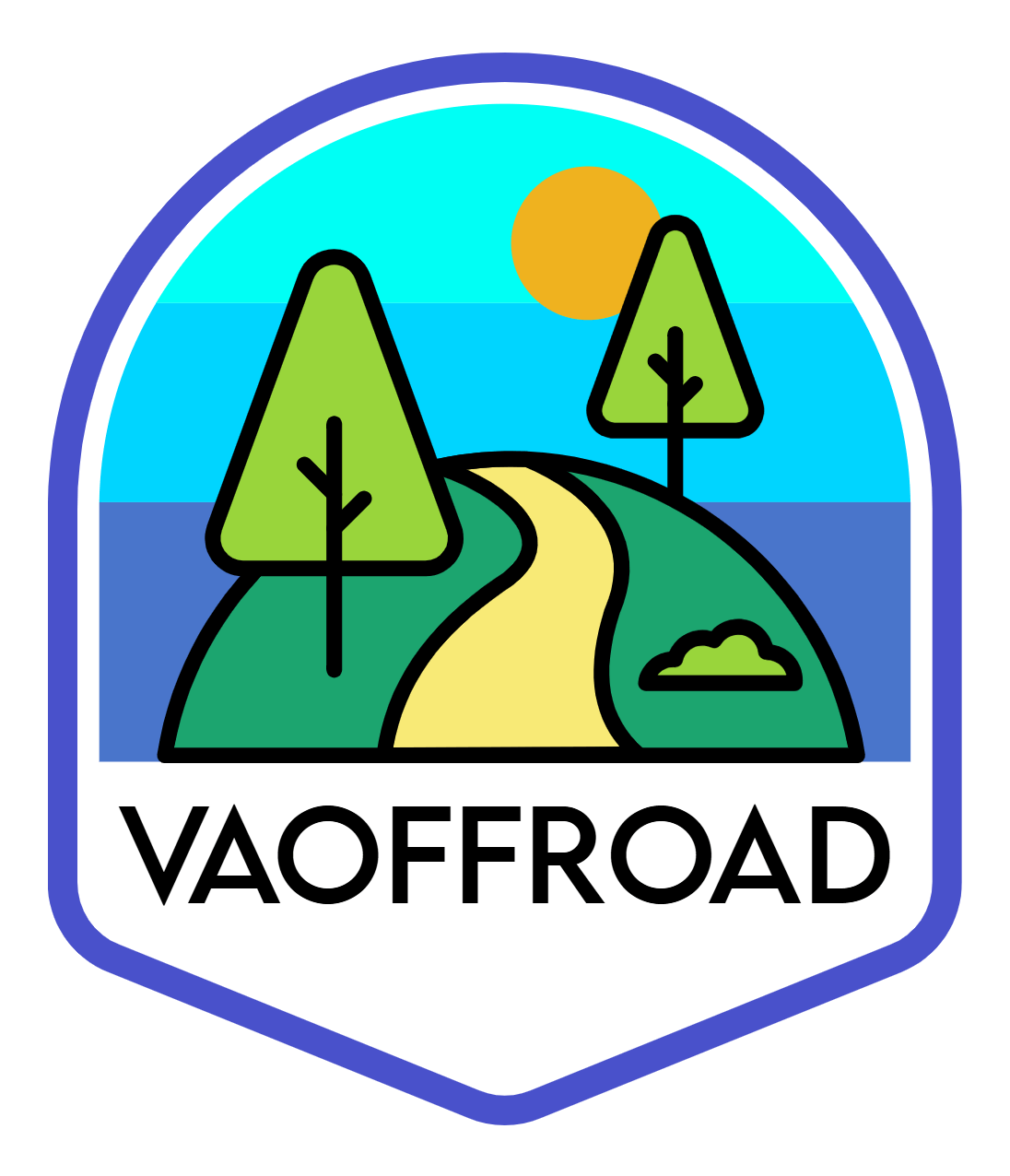
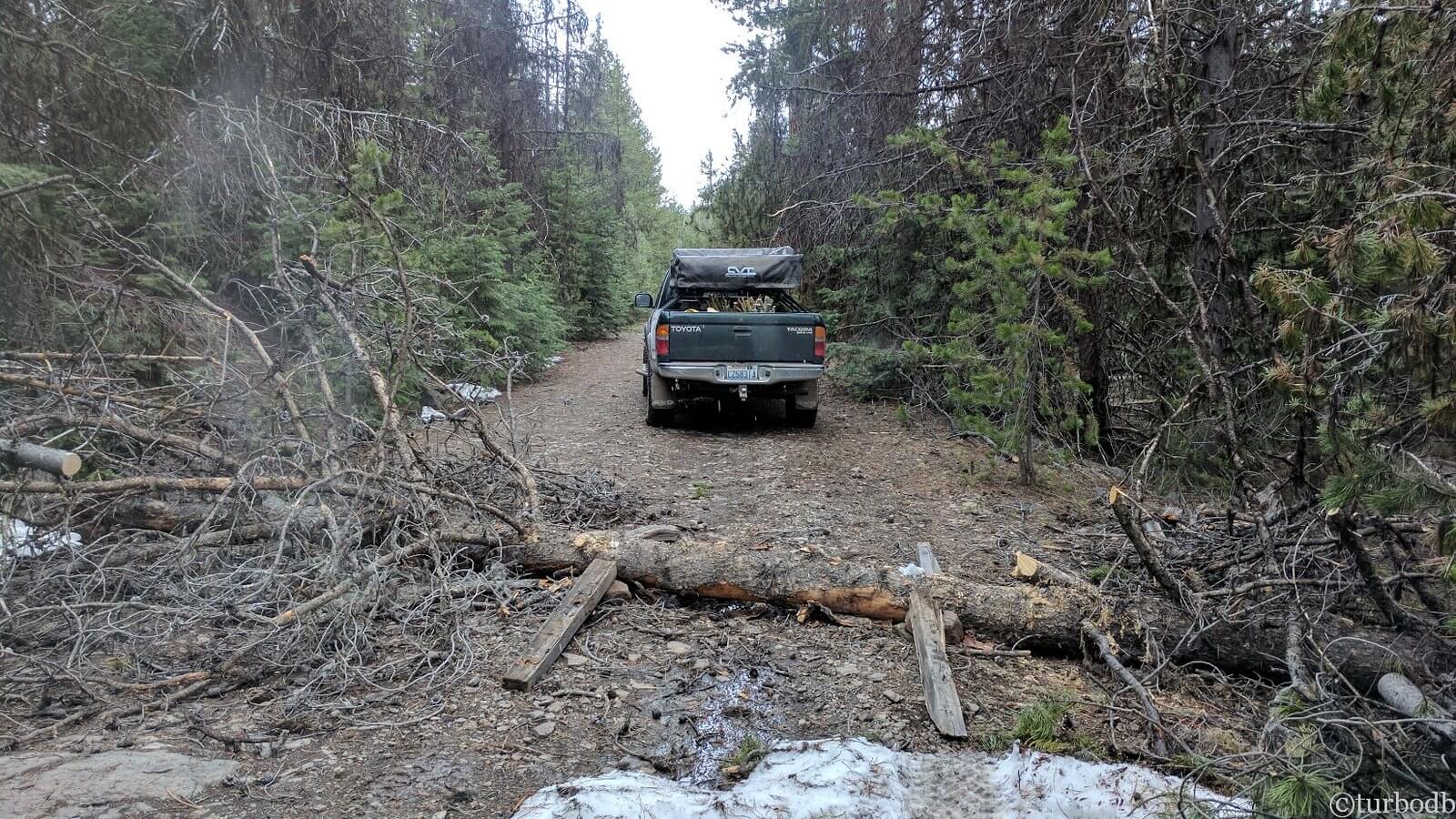

No responses yet